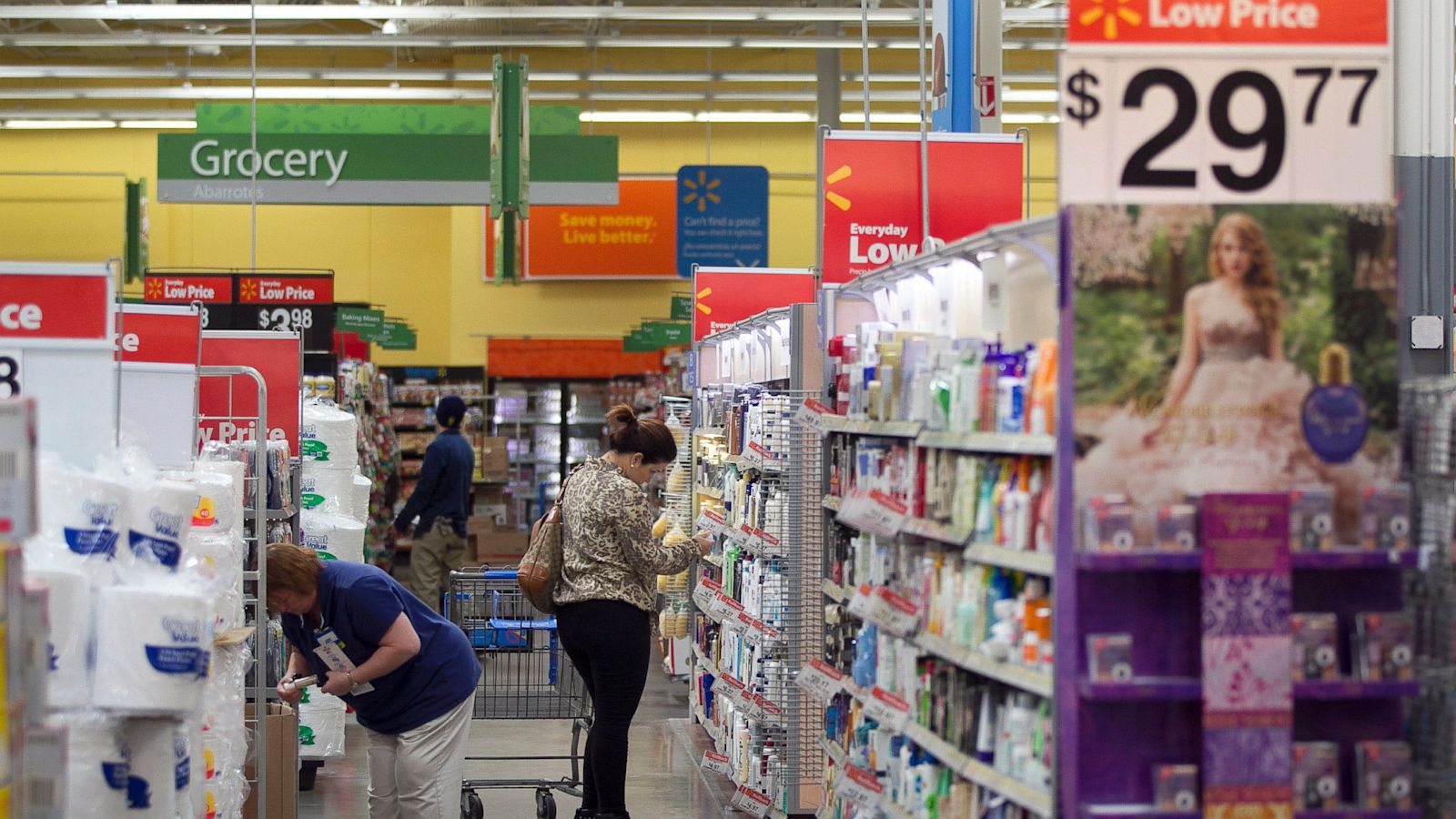Memo
American Families Continue to Bear the Brunt of Corporate Price Gouging

To: Interested Parties
From: Tony Carrk, Accountable.US Executive Director
Re: American Families Continue to Bear the Brunt of Corporate Price Gouging
Date: August 16, 2024
Across industries, American families have felt the pressure of corporate price gouging. Whether they’re in the grocery checkout line, refilling prescriptions, or paying rent, corporate price hikes remain a major driver of the costs making it difficult for their families to make ends meet.
At the same time, corporate profits have exploded, with totals driving up to 53% of inflation costs in the second half of 2023. Time and again CEOs and other executives have bragged about their creativity in raising prices to maximize profits—admitting sometimes that their tactics were not in fact to make up for increased supply chain costs during the pandemic, but instead to boost profits.
And the biggest corporations show no sign of stopping. We’ve documented earnings calls since 2021 and know that corporate price gouging is not relegated to one industry or a handful of companies, it’s the norm. Big companies will continue to find ways to protect their profits at the expense of American families. Here’s what you need to know about corporate price gouging:
FOOD. While American families have been forced to cut back on groceries and dining out, grocery store chains like Kroger, Walmart, Target, and Costco have reported consistently high profits and net incomes year over year—those aren’t savings they’re passing on to consumers.
To make matters worse, the grocery market might get even smaller. Grocery giants Kroger and Albertsons have proposed a merger that would “result in the loss of $334 million in wages” and bring on “fewer grocery stores and higher prices.” Recent history has shown Kroger and Albertsons cannot be counted on to prioritize consumers over their wealthy investors.
The Federal Trade Commission (FTC) and the Attorney General of Colorado have stepped up to block the merger on behalf of American families. Last month, Colorado Judge Andrew J. Luxen granted a preliminary injunction to temporarily block the merger.
Even when it comes to the meatpacking process, companies are taking advantage of their employees and customers. In 2022, Accountable.US review found that Cargill, Tyson, JBS, and National Beef Packing—some of the largest meatpacking companies in the country—raked in just under $13 billion in FY 2021 profits, with most touting record years and the benefits of higher prices—even after two of these companies were involved with at least $384 million in fines and settlements over price-fixing and have been widely criticized for worker mistreatment during the pandemic.
These same companies have spent billions on shareholder buybacks and dividends.
When it comes to dining out, research from Accountable.US has shown that staple food companies like McDonald’s, Domino’s Pizza, Yum! Brands, and Coca-Cola have increased their prices at greater rates than baseline food inflation, allowing them to spend hundreds of millions rewarding their wealthy shareholders.
Some have experienced a downside to their greed. Lately, McDonald’s and Pepsi Co. customers have refused to pay higher prices for the same product. A series of price hikes last year have Pepsico customers “balking” at their prices.
BIG PHARMA. The Biden-Harris administration revealed the final negotiated prices for the Inflation Reduction Act’s historic Medicare negotiation program yesterday, promising $1.5 billion in out-of-pocket savings for Medicare beneficiaries, and $6 billion in savings for the program itself.
Even with an excessive $93.5 billion in 2023 profits, the companies tapped for negotiation fought, and in some cases continue to fight, tooth and nail to block the program and keep prices as high as possible for seniors and other Medicare patients. The industry spent nearly $400 million on lobbying alone in 2022 to block the initiative.
Since its passage, Big Pharma has doubled down on tactics to rollback, rescind, or repeal the law to protect their profits, with PhRMA—the largest pharmaceutical trade group—even going as far as to give $530,000 in donations to right-wing fringe organizations intimately involved with Project 2025.
What are they doing with those extra profits?
A report from government watchdog Accountable.US revealed earlier this year that these drug manufacturers have spent far less on research and development compared to what they spent on other priorities like political activity, executive compensation and handouts to wealthy investors. And while the federal government spent a combined $11.7 billion on basic and applied research for these drugs, that hasn’t stopped those same manufacturers from exploiting patent laws to prolong exclusivity and keep prices high for seniors and other patients.
HOUSING. A recent Accountable.US report found the six largest publicly traded apartment companies brought in nearly $300 million combined in increased profits in Q1 2024, many due to rent increases. All six of the landlords featured in the report have faced lawsuits related to their use of RealPage, the troubled property management software company under investigation from the U.S. Justice Department for allegedly facilitating price fixing.
Over half of U.S. renters are now spending more than 30% of their income on rent, exacerbating families’ financial strain as wages fail to keep pace with rent hikes.
Following the report, Accountable.US sent letters to state attorneys general in California, Colorado, Massachusetts, New Jersey, and New York urging their offices to investigate whether major rental companies that have been sued in Washington D.C. for alleged illegal rent-price fixing may be engaging in the same behavior in their states.
